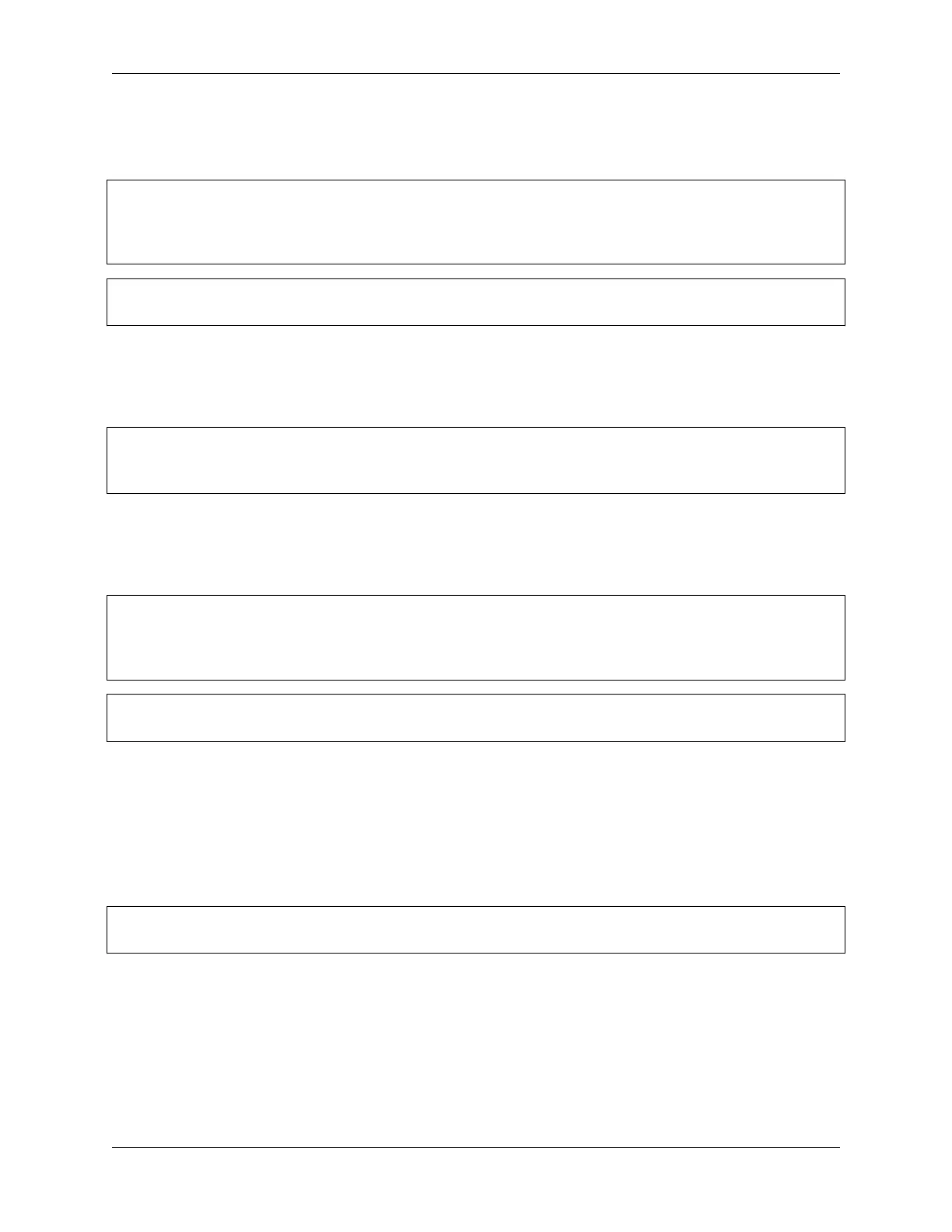SunFounder ESP32 Starter Kit
Get the Type
You can get the data type of a variable with the type() function.
x = 5
y = "hello"
z = 5.0
print(type(x),type(y),type(z))
>>> %Run -c $EDITOR_CONTENT
<class 'int'> <class 'str'> <class 'float'>
Single or Double Quotes?
In MicroPython, single quotes or double quotes can be used to define string variables.
x = "hello"
# is the same as
x = 'hello'
Case-Sensitive
Variable names are case-sensitive.
a = 5
A = "lily"
#A will not overwrite a
print(a, A)
>>> %Run -c $EDITOR_CONTENT
5 lily
3.6.5 If Else
Decision making is required when we want to execute a code only if a certain condition is satisfied.
if
if test expression:
statement(s)
Here, the program evaluates the test expression and executes the statement only when the test expression is True.
If test expression is False, then statement(s) will not be executed.
In MicroPython, indentation means the body of the if statement. The body starts with an indentation and ends with the
first unindented line.
Python interprets non-zero values as “True”. None and 0 are interpreted as “False”.
if Statement Flowchart
3.6. 1.6 (Optional) MicroPython Basic Syntax 283
